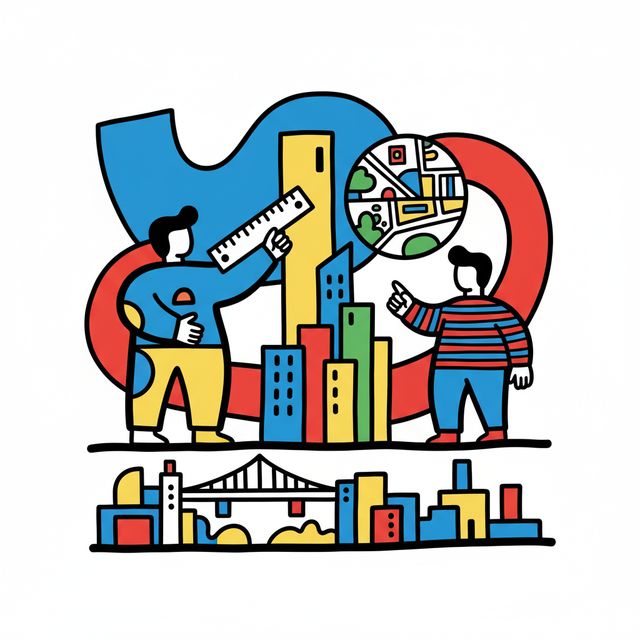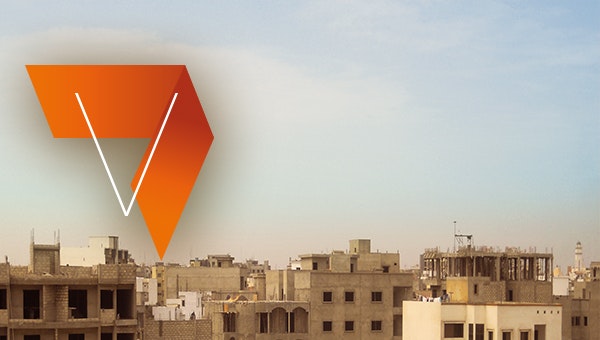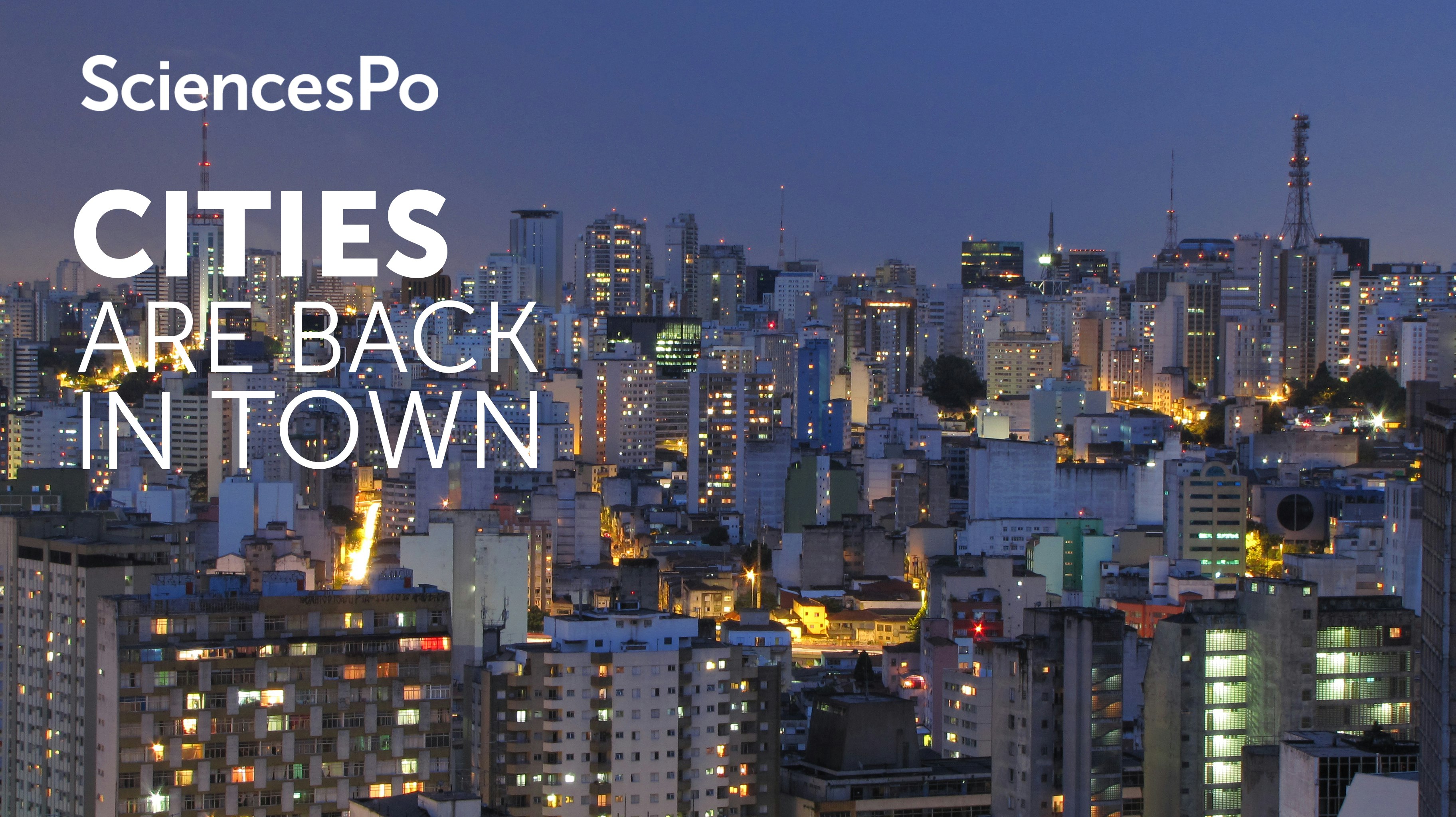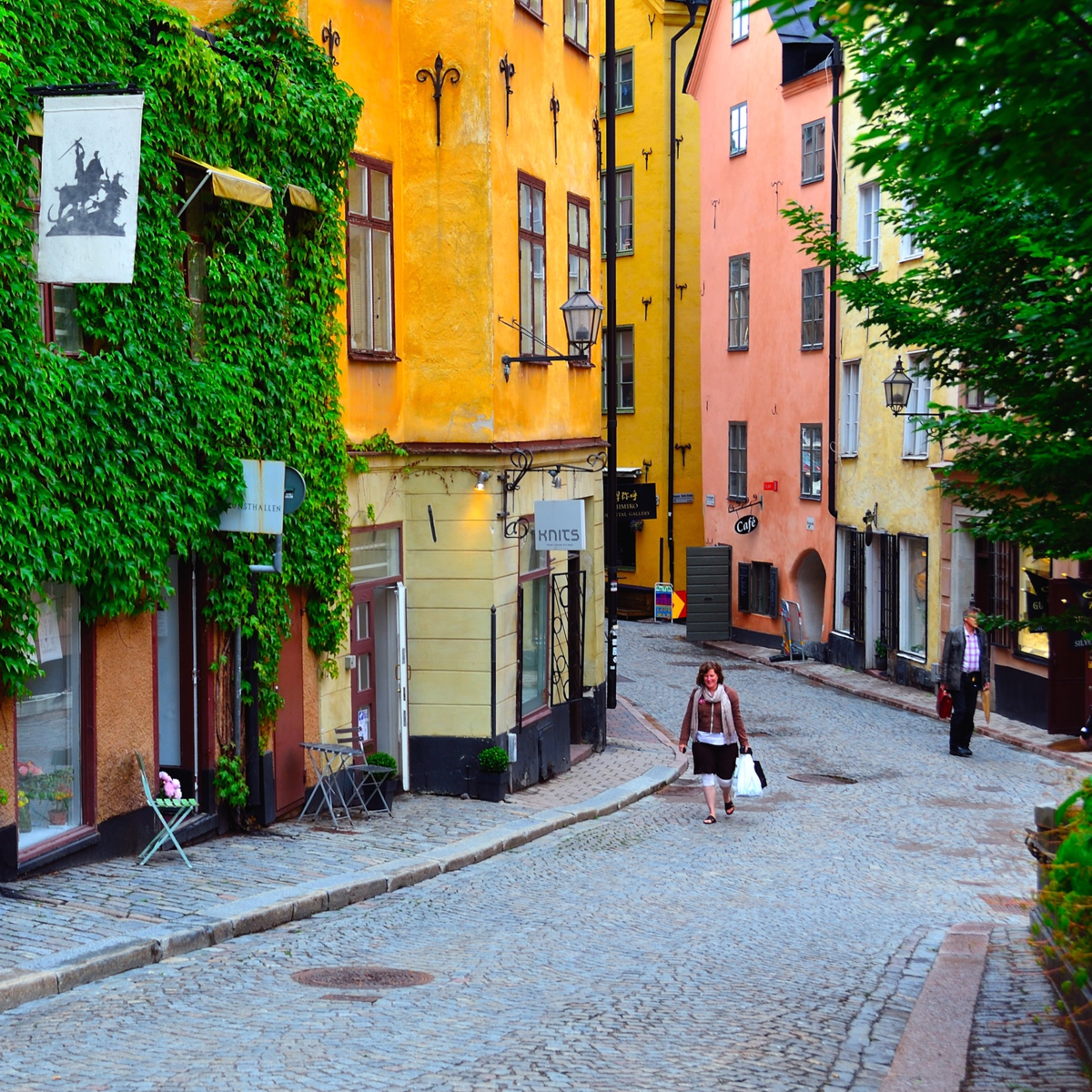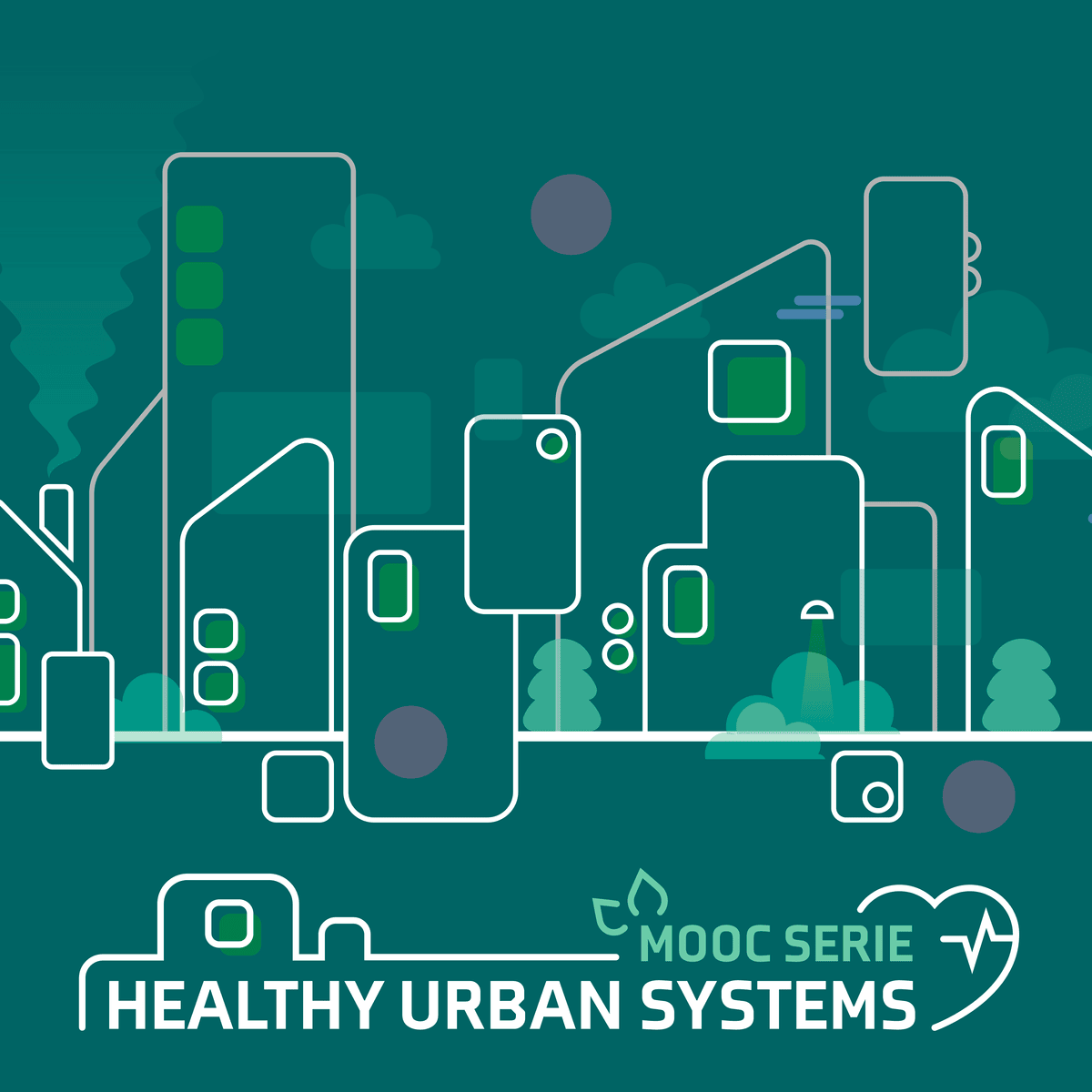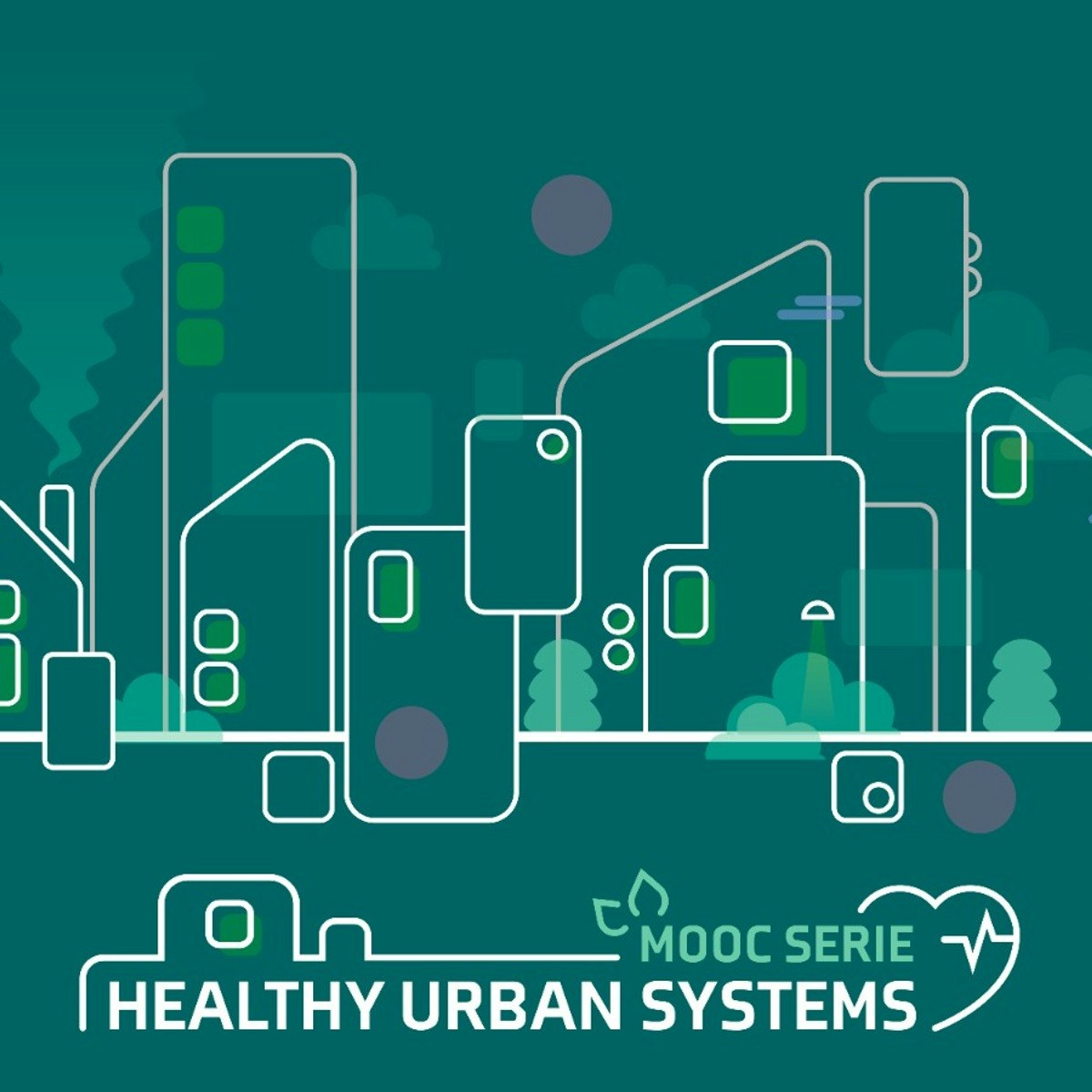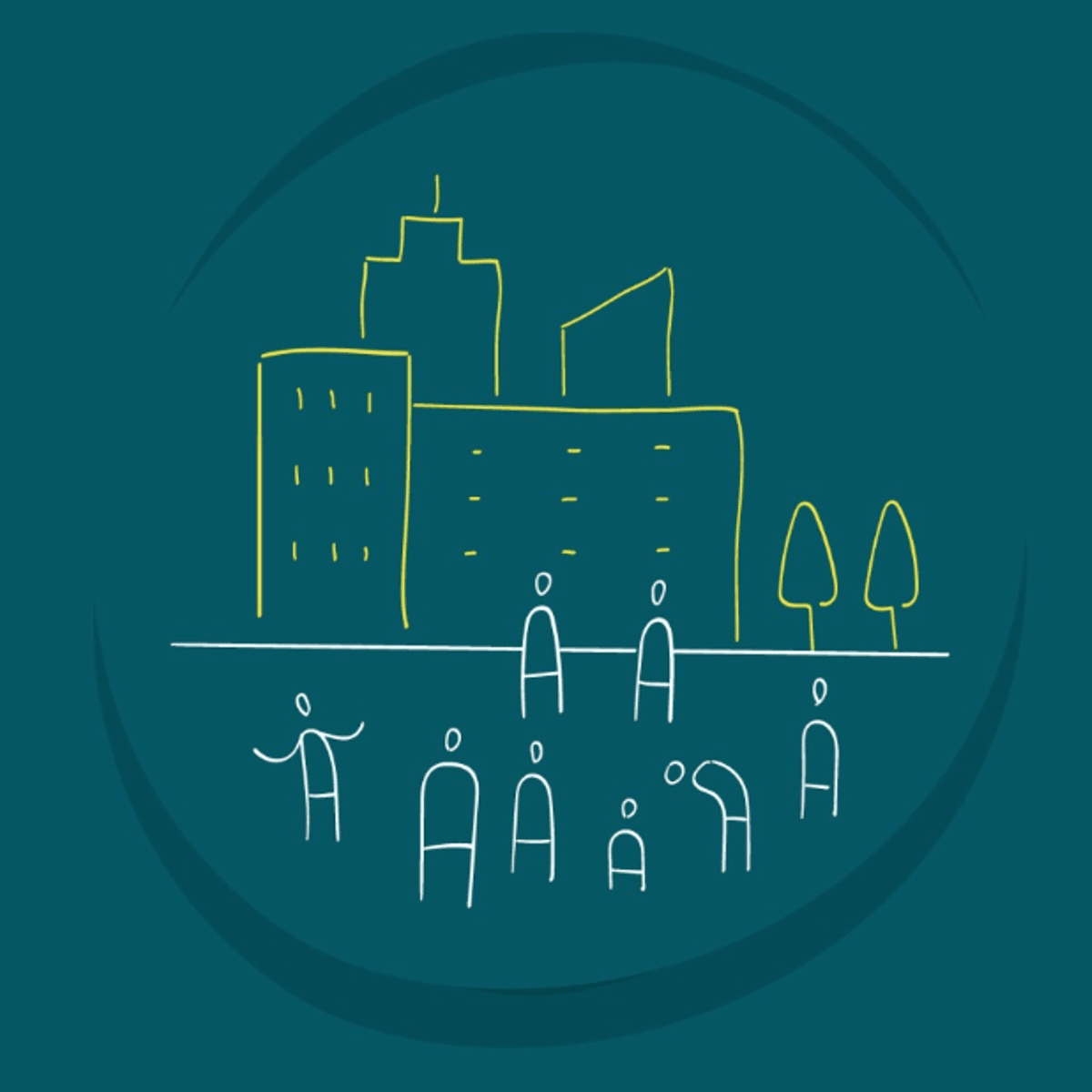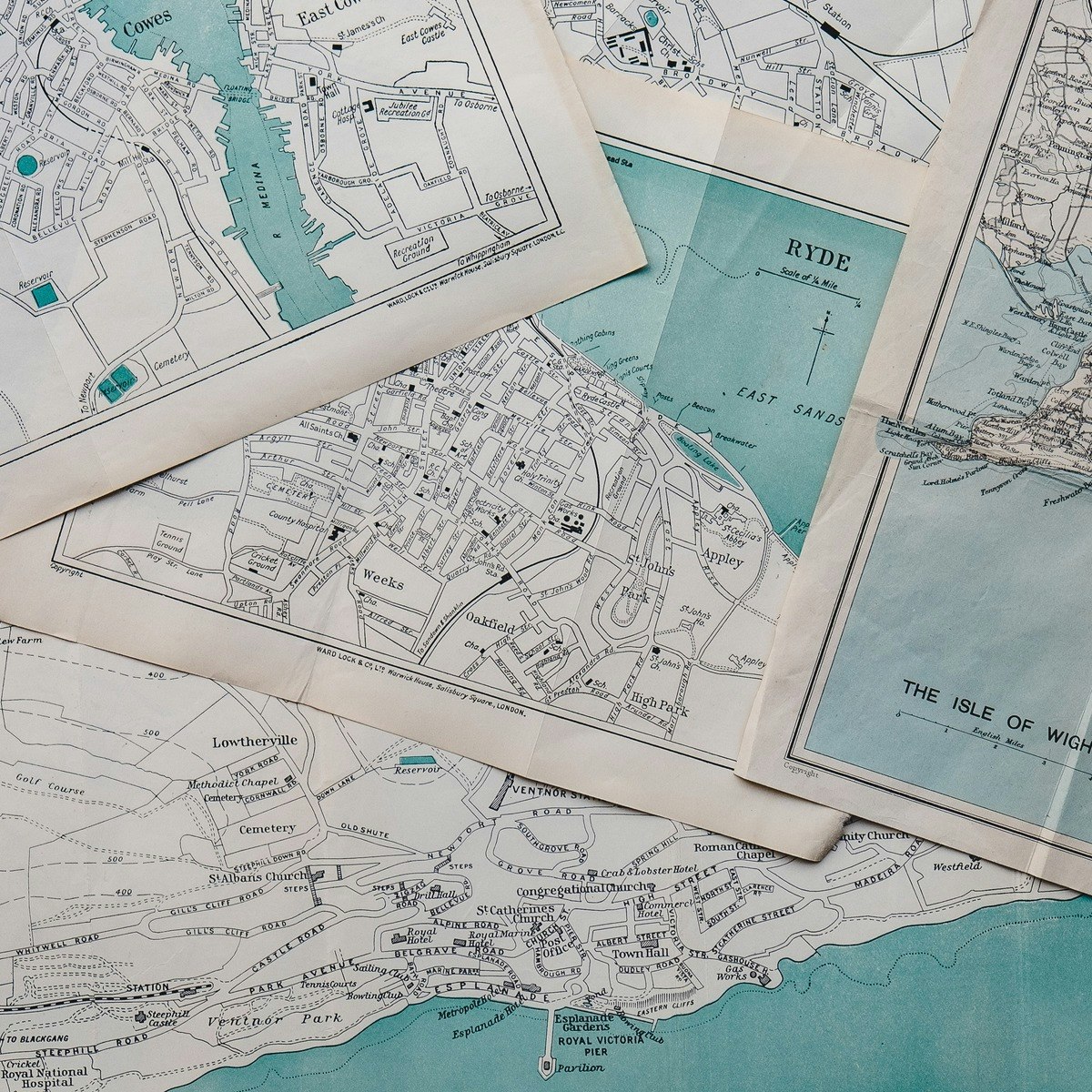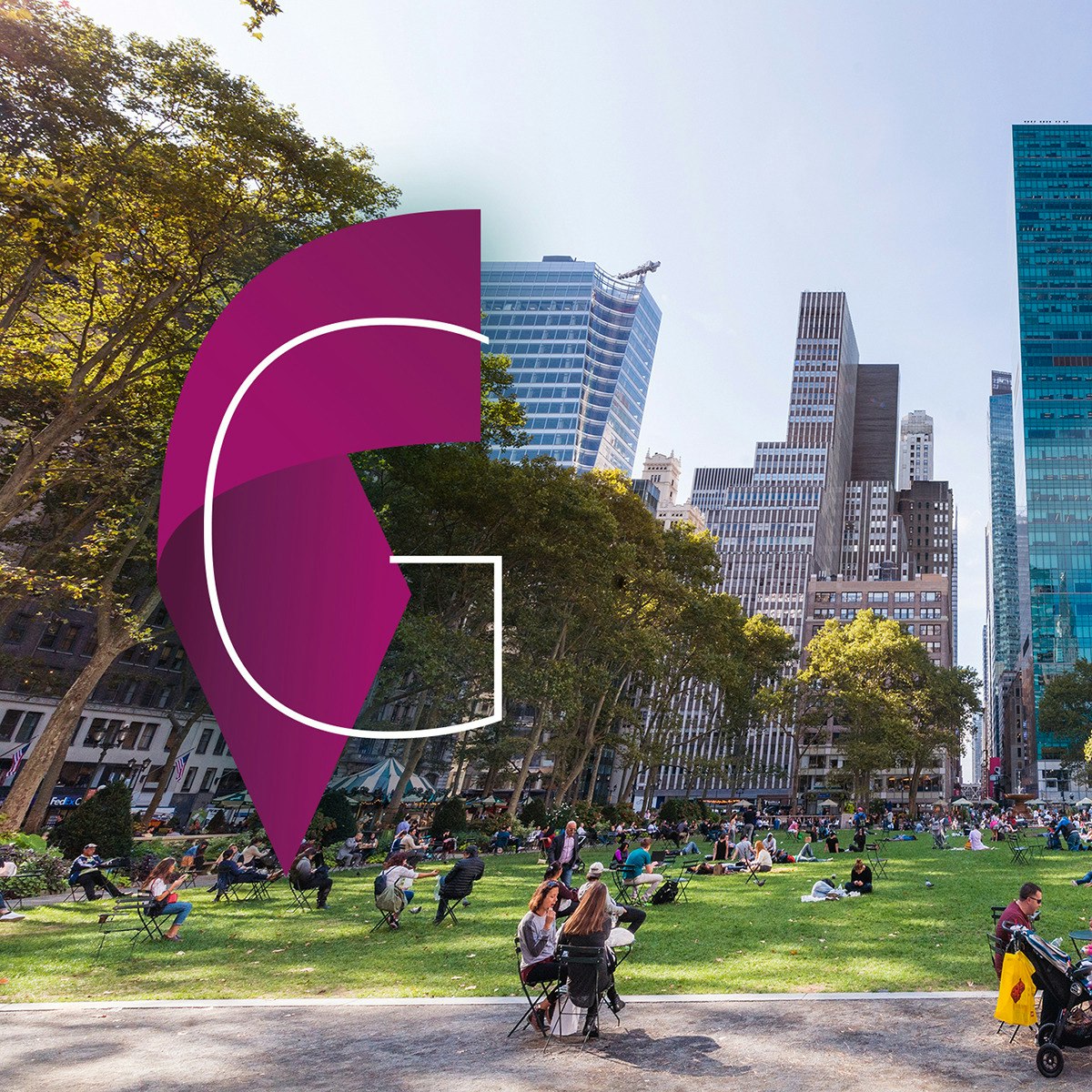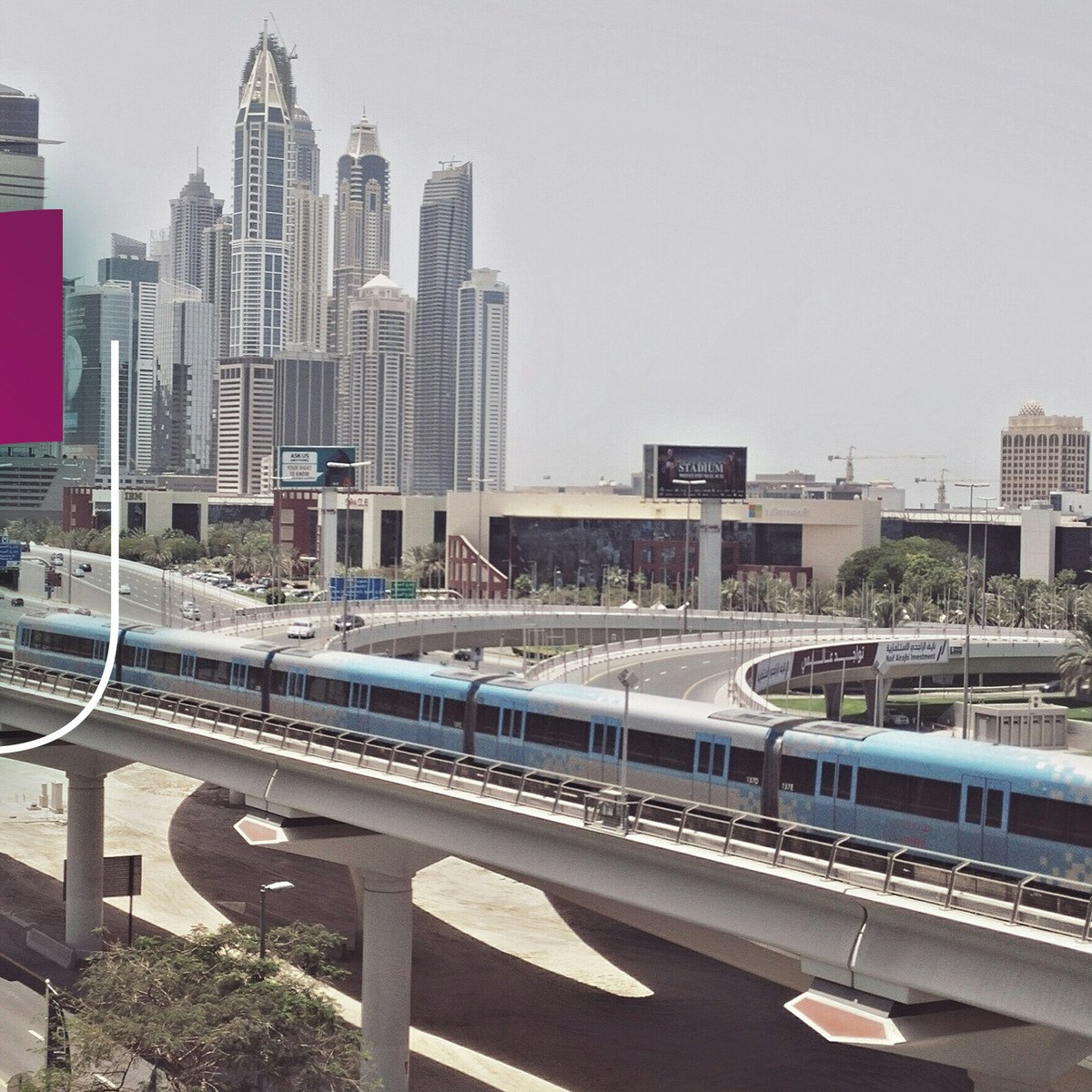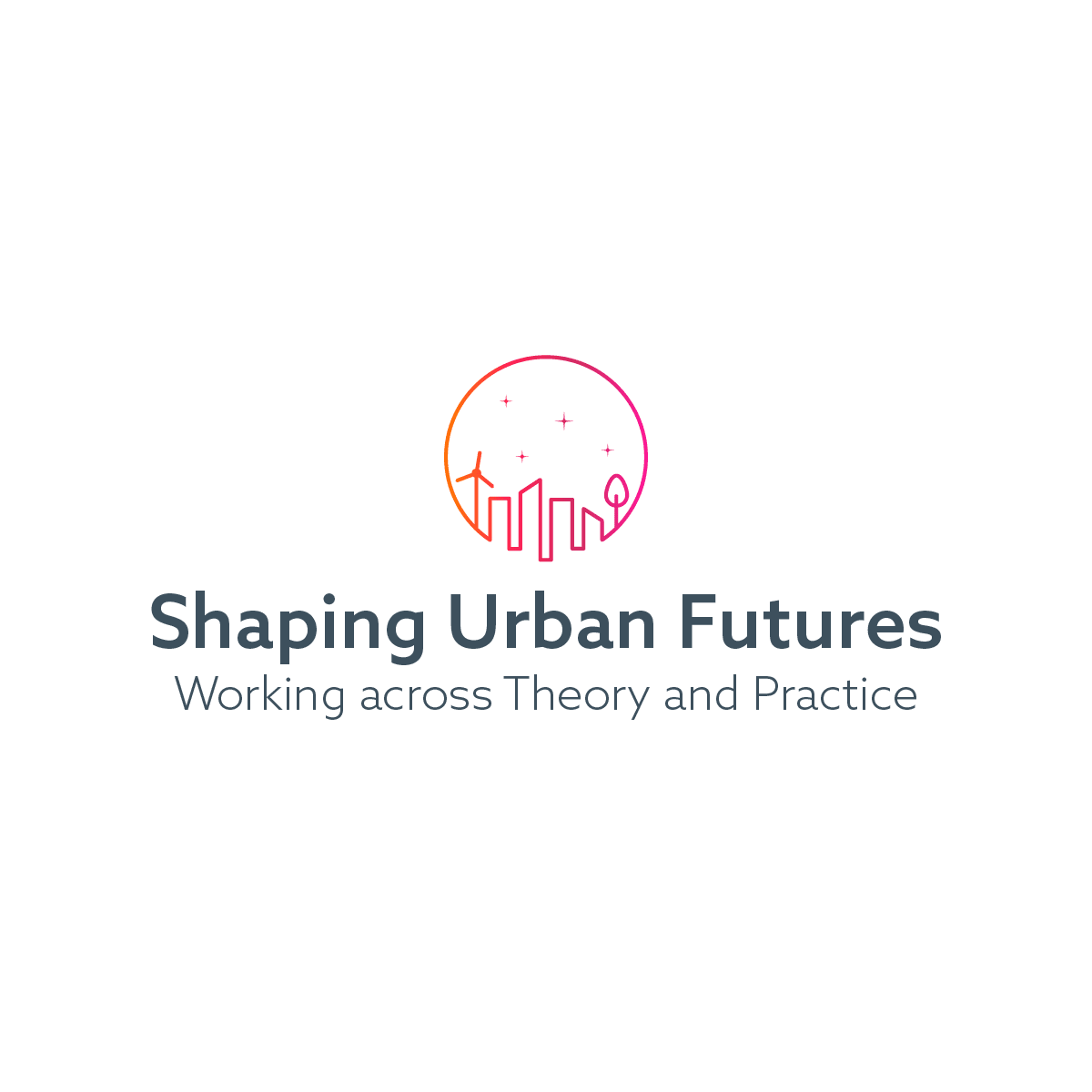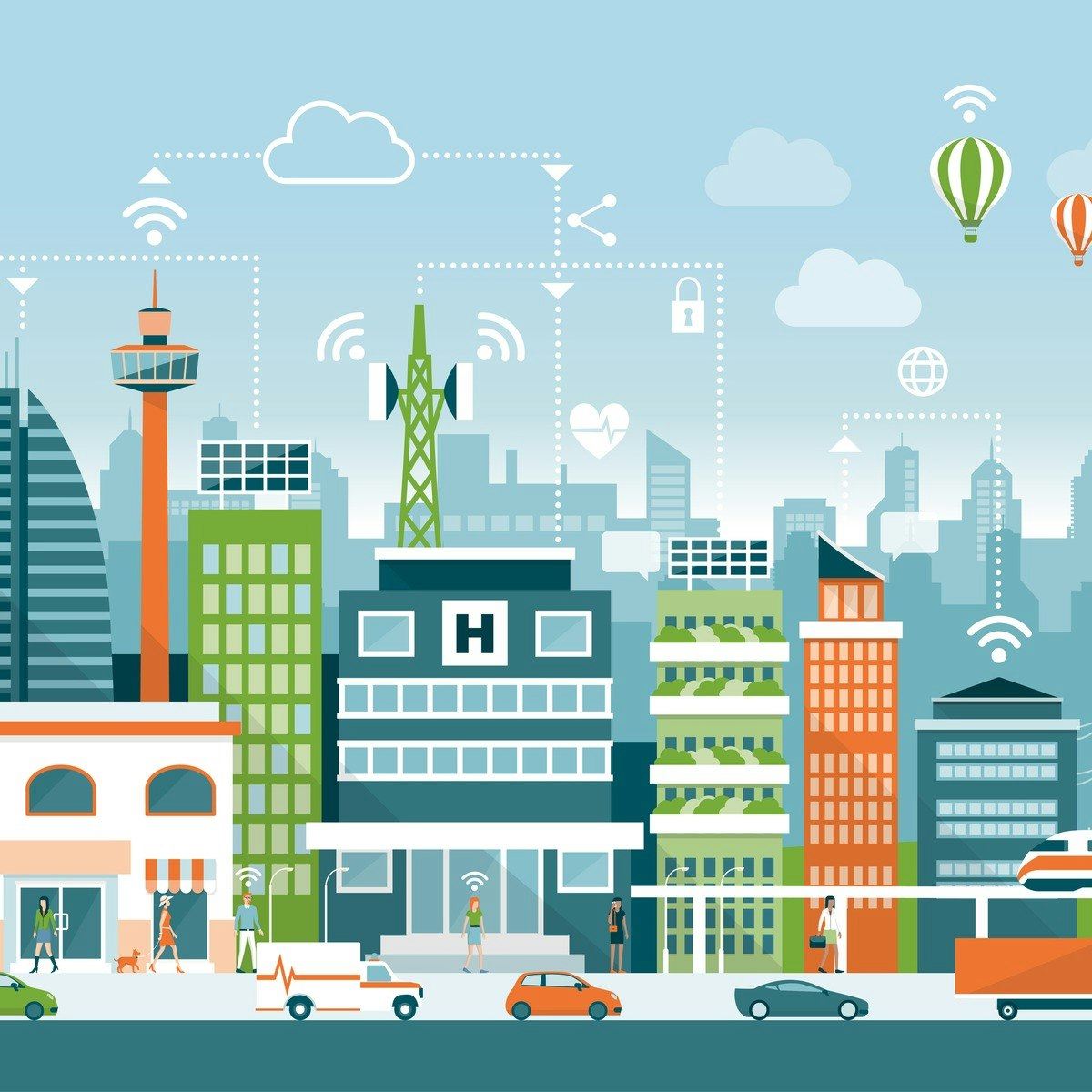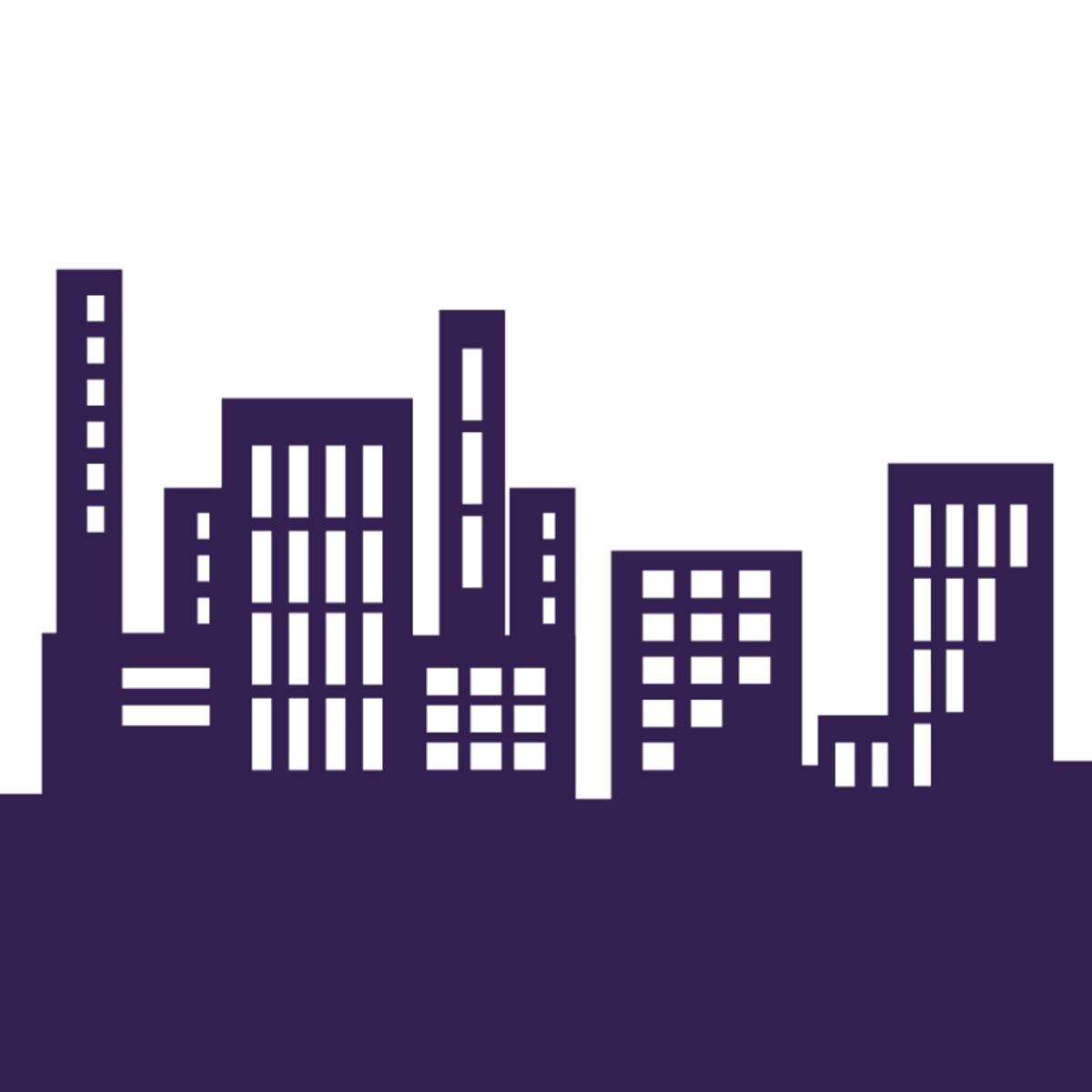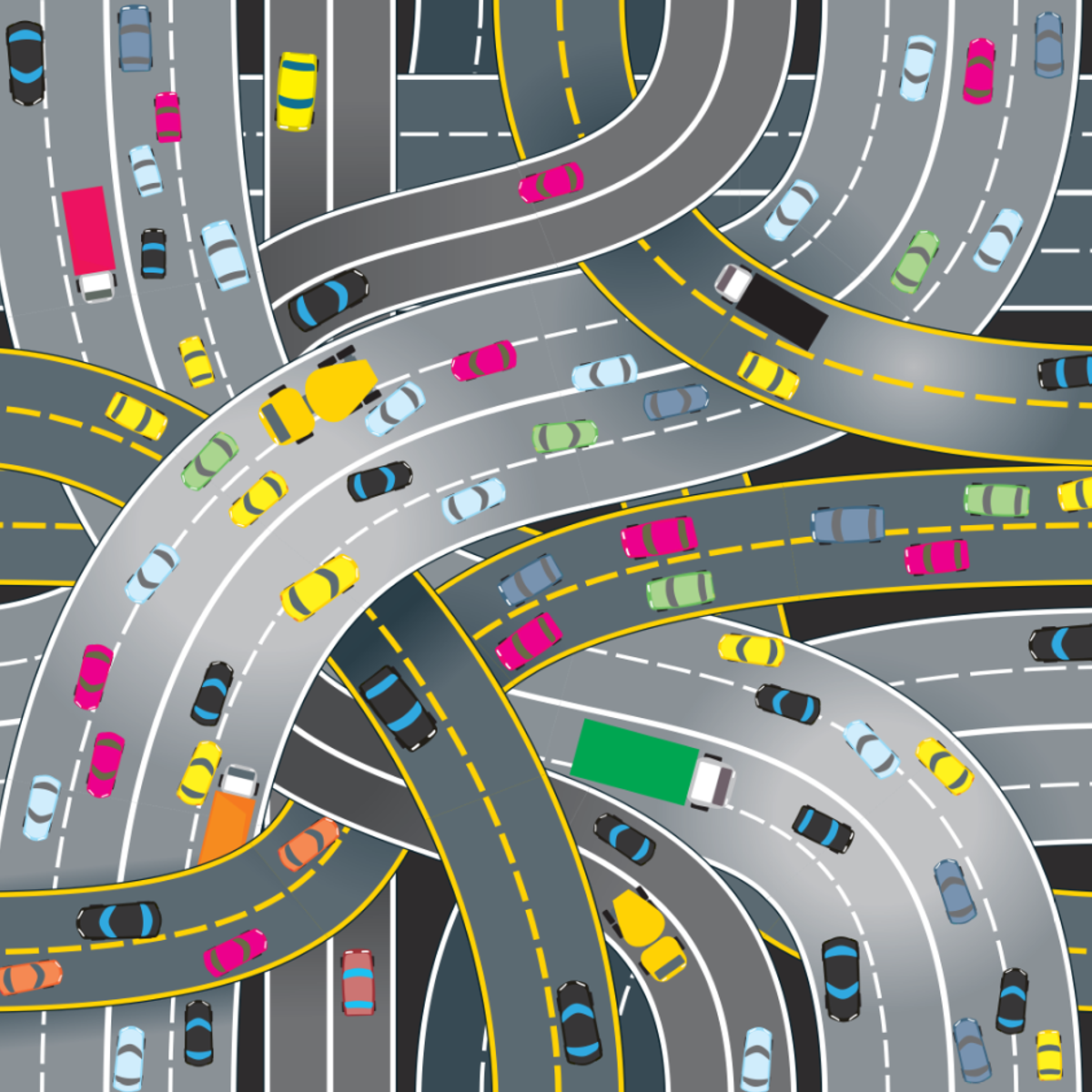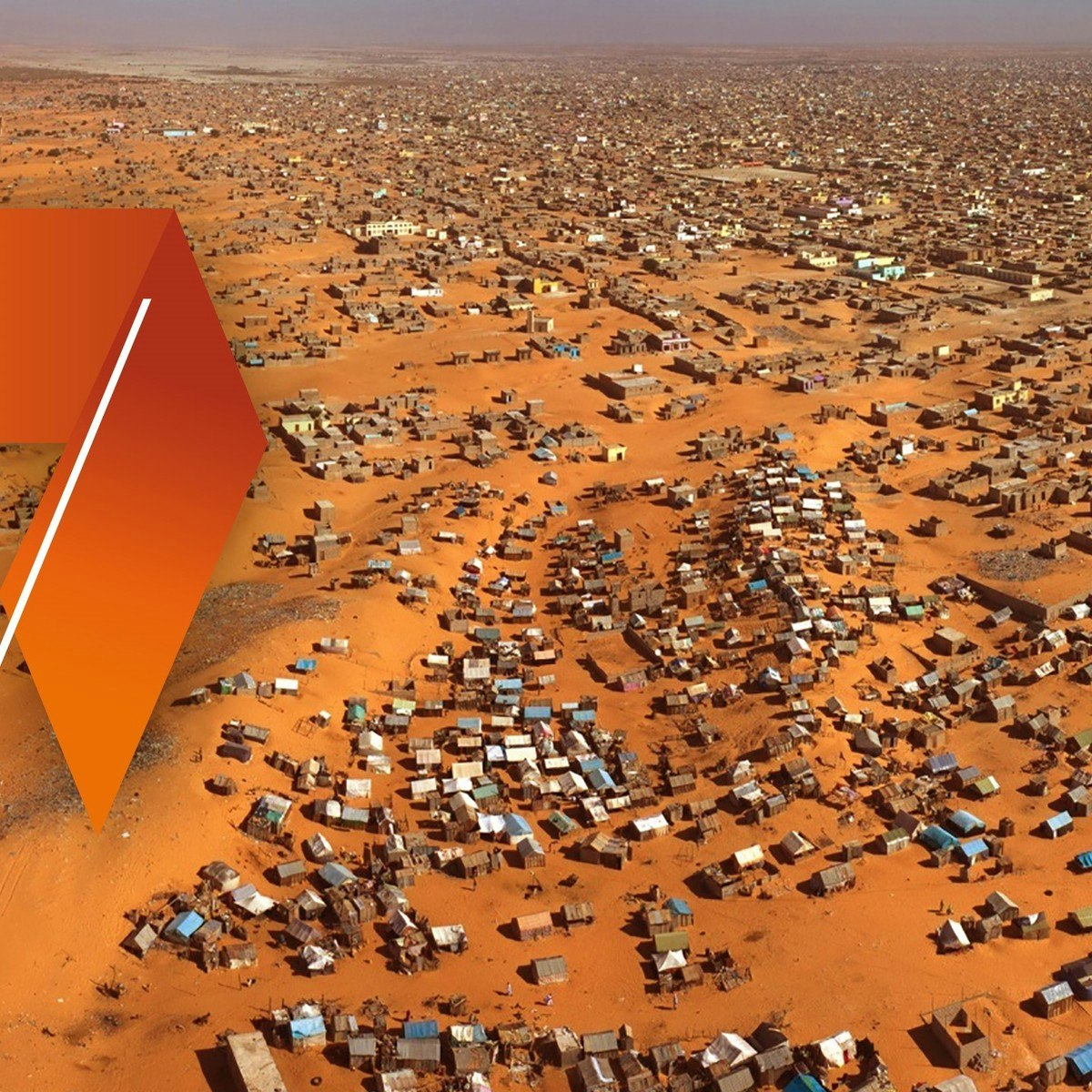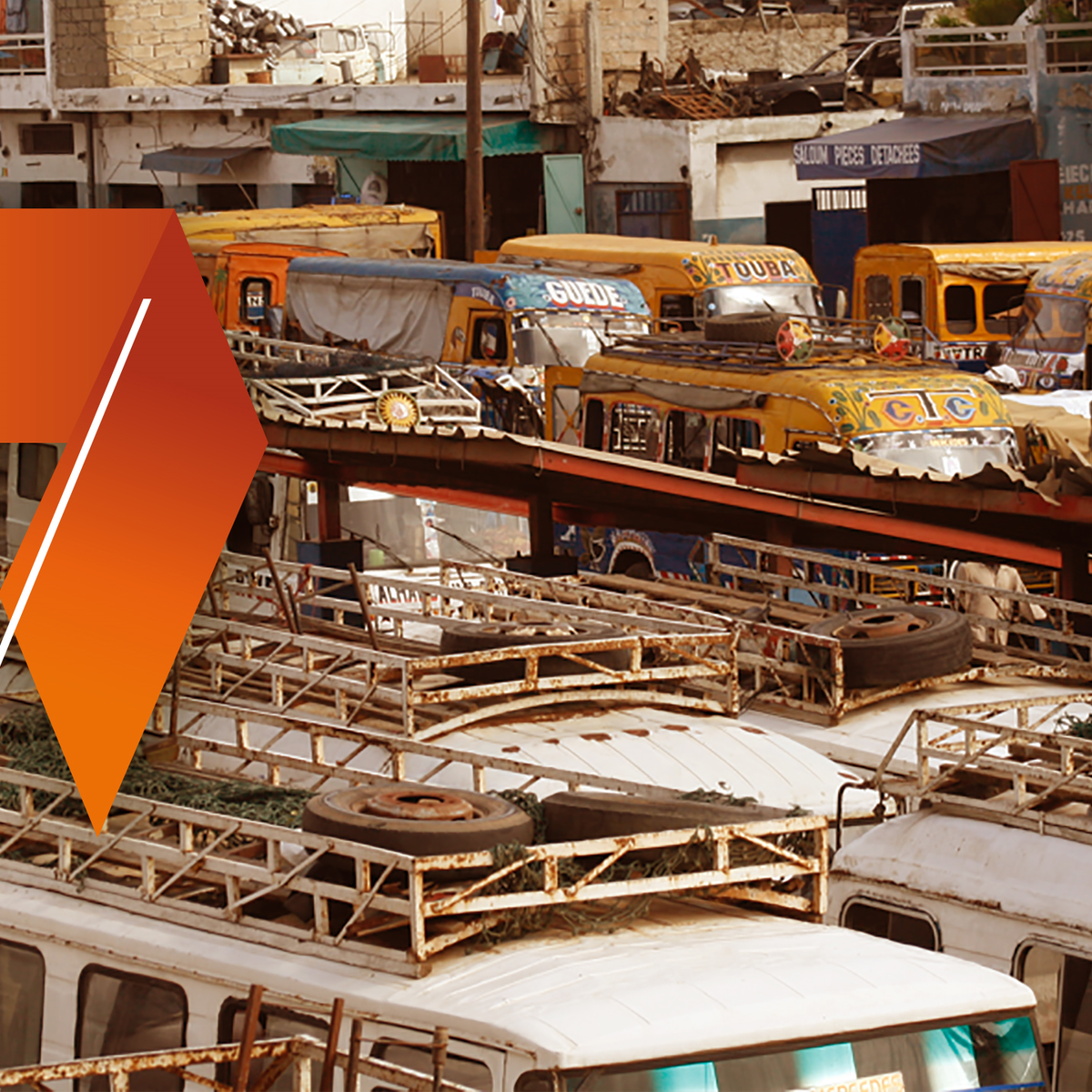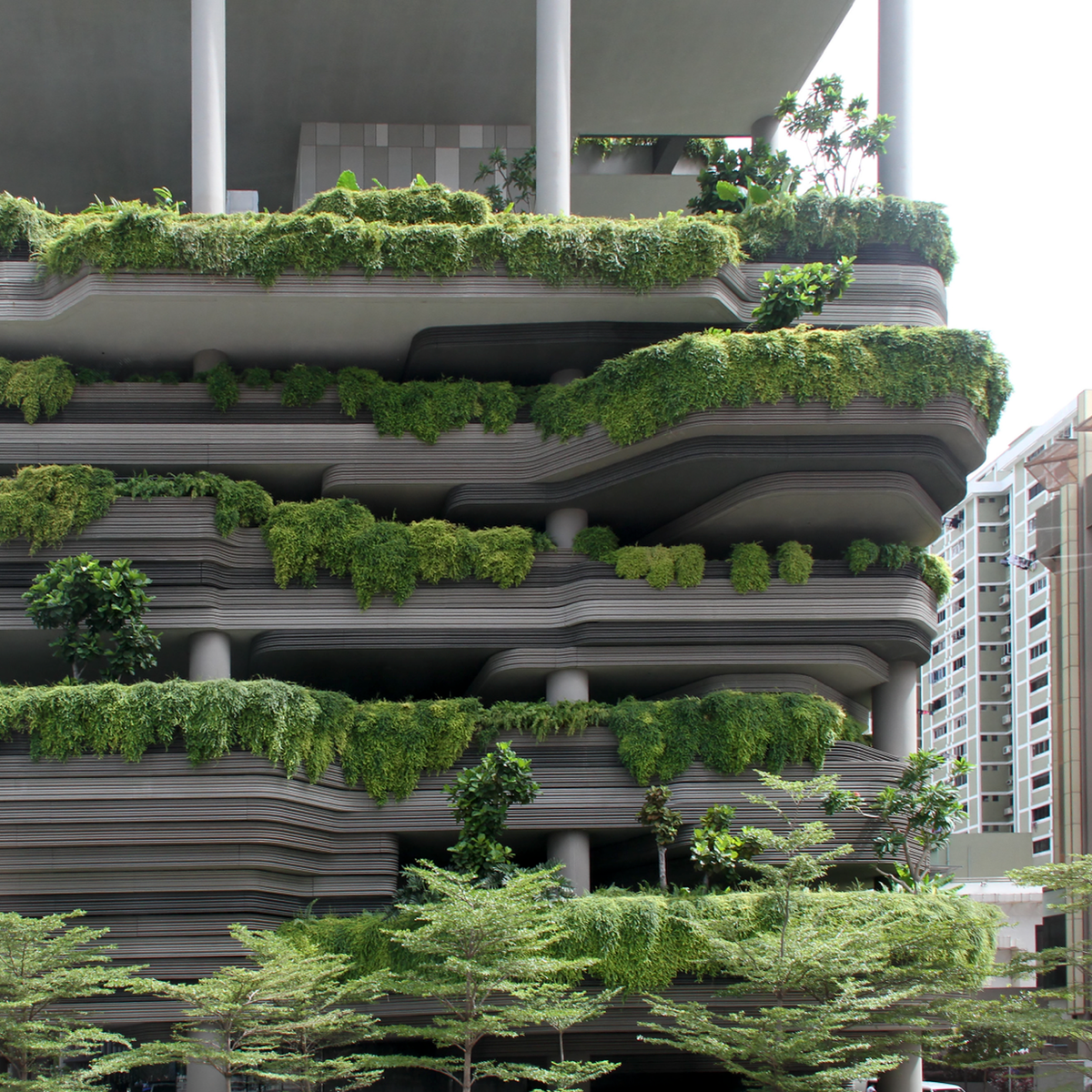Urban Designer
Shaping Our Cities: A Career Guide to Urban Design
Urban design is the art and science of shaping the physical setting for life in cities, towns, and villages. It involves arranging buildings, public spaces, transport systems, services, and amenities to create functional, attractive, and sustainable environments. It operates at a scale larger than architecture but smaller than regional planning, focusing on the structure and experience of urban areas.
Working as an urban designer offers the chance to directly influence how people experience their surroundings, creating places that foster community, promote well-being, and respond to environmental challenges. You might find yourself transforming underutilized spaces into vibrant parks, redesigning streetscapes for pedestrian safety, or developing master plans for new neighborhoods that prioritize social equity and ecological health. It's a field where creativity meets tangible impact.
Introduction to Urban Design
What Exactly is Urban Design?
Urban design bridges the gap between urban planning and architecture. While urban planning sets broad policies and land use regulations for large areas, and architecture focuses on individual buildings, urban design deals with the composition of buildings, spaces, and networks that make up our urban environments. It is concerned with the three-dimensional arrangement and aesthetic quality of the public realm – the streets, squares, parks, and plazas we share.
Think of it like this: urban planning might decide *where* a new residential area should go and how dense it should be. Architecture designs the specific houses or apartment buildings within that area. Urban design determines how those buildings relate to each other, how the streets connect, where the parks are located, and what the overall character and feel of the neighborhood will be. It ensures the different pieces fit together coherently.
This field requires a unique blend of skills, drawing from architecture, landscape architecture, planning, engineering, and social sciences. Its goal is to create urban spaces that are not only visually appealing but also functional, equitable, safe, and environmentally sound for everyone who uses them.
To grasp the nuances of urban design, consider exploring foundational concepts through accessible learning resources. These introductory courses can help clarify the scope and objectives of the field.
Understanding the historical context and theoretical underpinnings can provide valuable perspective. These books offer insights into how cities evolve and the principles guiding their design.
Core Goals: Creating Better Places
The central aims of urban design revolve around enhancing the quality of urban life. Sustainability is a key driver, pushing designers to create environments that minimize resource consumption, reduce pollution, support biodiversity, and are resilient to climate change impacts. This involves strategies like promoting public transit, incorporating green infrastructure, and designing energy-efficient neighborhoods.
Livability is another core objective. Urban designers strive to make cities comfortable, safe, and engaging. This includes designing pedestrian-friendly streets, creating accessible public spaces that encourage social interaction, ensuring a mix of uses that provides convenience, and preserving local character and heritage. The focus is on the human experience within the urban fabric.
Finally, urban design increasingly emphasizes creating community-centric spaces. This involves designing places that are inclusive, equitable, and reflect the needs and aspirations of the diverse populations they serve. It often requires participatory design processes, where community members actively contribute to shaping their environment, ensuring that projects genuinely benefit local residents and foster a sense of belonging.
These courses delve into the challenges and strategies for creating inclusive, sustainable, and livable cities.
These texts explore principles and practices for achieving sustainable urban environments.
A Rich History and Diverse Roots
Urban design isn't a new concept, though the formal profession is relatively recent. Throughout history, civilizations have consciously shaped their settlements for functional, social, and aesthetic reasons, from the grid plans of ancient Roman cities to the grand boulevards of Haussmann's Paris. The principles of arranging buildings and spaces have evolved alongside societal values, technological advancements, and environmental understanding.
The modern field emerged more distinctly in the mid-20th century, responding to the perceived failures of modernist planning and architecture, which often prioritized efficiency and vehicle movement over human scale and community life. Influential thinkers like Jane Jacobs championed mixed-use neighborhoods, pedestrian activity, and the "eyes on the street" concept, emphasizing the social vitality of cities.
Today, urban design is inherently interdisciplinary. It draws knowledge and methods from architecture (form and space), landscape architecture (natural systems and public realm), urban planning (policy and regulation), civil engineering (infrastructure), sociology (community dynamics), environmental science (sustainability), and economics (development feasibility). This collaborative nature is essential for tackling the complex challenges facing contemporary cities.
Explore how urban design approaches differ globally and how historical context shapes modern practice.
Urban Designer: Role & Responsibilities
A Day in the Life: Tasks and Activities
The daily work of an urban designer is varied. A significant portion involves analysis – studying sites to understand their physical characteristics, social context, environmental conditions, and regulatory constraints. This might include mapping existing land uses, analyzing pedestrian and vehicle flows, assessing infrastructure capacity, or researching the site's history and community demographics.
Design development is central to the role. This involves translating analysis and project goals into physical plans and concepts. Urban designers use sketches, diagrams, physical models, and computer software to explore different spatial arrangements, design public spaces like parks and plazas, propose building forms and massing, and detail streetscape elements. Communication through visual representation is key.
Compliance and coordination are also crucial. Designers must ensure their proposals align with zoning codes, planning policies, and environmental regulations. They frequently present their work to clients, community groups, and review boards, adapting designs based on feedback and navigating the approvals process. Much of their time is spent collaborating and communicating.
Collaboration is Key
Urban design rarely happens in isolation. Designers work closely with a wide range of professionals. Architects are frequent collaborators, translating urban design guidelines into specific building designs. Landscape architects contribute expertise on planting, grading, and the detailed design of parks and open spaces. Civil engineers provide essential input on infrastructure like roads, utilities, and stormwater management.
Urban planners help ensure designs align with broader city goals and regulations. Policymakers and government officials are involved in setting project briefs, reviewing proposals, and implementing public projects. Developers and real estate professionals provide insights into market feasibility and project financing. Engaging with community members and stakeholders is also vital to ensure designs meet local needs.
Effective collaboration requires strong communication, negotiation, and problem-solving skills. Urban designers often act as facilitators, synthesizing input from diverse perspectives to arrive at integrated design solutions. They need to understand the language and priorities of different disciplines to bridge potential gaps and foster teamwork.
Balancing Competing Demands
A core challenge in urban design is balancing multiple, often competing, objectives. Aesthetic considerations – creating beautiful and inspiring places – must be weighed against functional requirements, ensuring spaces work efficiently and safely for their intended users. Designs must be practical to build and maintain within budget constraints.
Social equity is an increasingly critical factor. Designers must consider how their proposals affect different community groups, striving to create inclusive spaces accessible to people of all ages, abilities, and backgrounds. This involves addressing potential negative impacts like displacement or gentrification and actively promoting fairness in the distribution of amenities and resources.
Environmental sustainability adds another layer of complexity. Designers must integrate ecological principles, considering factors like energy use, water management, habitat creation, and climate resilience. Balancing these diverse demands – aesthetic, functional, economic, social, and environmental – requires careful judgment, creativity, and a commitment to achieving holistic, positive outcomes for the community and the planet.
These courses explore the intersection of urban systems, health, and infrastructure management, highlighting the need for balanced solutions.
Formal Education Pathways
Building a Foundation: Undergraduate Studies
While dedicated undergraduate degrees specifically in "Urban Design" are less common than in related fields, a strong foundation can be built through several disciplines. Bachelor's degrees in Architecture are a very common starting point, providing essential skills in spatial thinking, design representation, and understanding the built form. Landscape Architecture programs offer expertise in site analysis, ecological systems, and public space design.
Degrees in Urban Planning or Urban Studies provide a crucial understanding of policy, regulations, social dynamics, and the broader systems that shape cities. Geography degrees can also be relevant, offering skills in spatial analysis (GIS) and understanding human-environment interactions. Some universities offer interdisciplinary programs combining elements of these fields.
Regardless of the specific major, coursework in drawing, graphic communication, environmental science, sociology, history of cities, and basic data analysis provides a valuable base. Internships or volunteer work related to planning, design, or community development are highly recommended to gain practical experience and explore interests.
Advanced Study: Master's Programs
For those seeking to specialize and practice professionally as an urban designer, a Master's degree is often the standard and sometimes necessary credential. Many universities worldwide offer Master of Urban Design (MUD) programs or related degrees like Master of Science in Architecture and Urban Design (MSAAD) or Master of City Planning (MCP) with an urban design concentration.
These graduate programs typically build upon foundational knowledge from undergraduate studies. Core curricula often include design studios focusing on complex urban projects, seminars on urban theory and history, courses in planning law and policy, sustainable urbanism, community engagement techniques, and advanced digital representation skills (CAD, GIS, 3D modeling).
Specializations within Master's programs might focus on areas like sustainable design, transportation and infrastructure, housing and community development, historic preservation, or international urban development. When choosing a program, consider faculty expertise, program focus, location (access to relevant urban contexts), and potential accreditation status, which can vary by region and impact licensure opportunities later.
Pushing Boundaries: Doctoral Research
For individuals interested in academic careers, advanced research, or high-level policy influence, a Doctor of Philosophy (PhD) in a related field can be pursued. PhD research in urban design often tackles complex, emerging challenges facing cities globally. Research areas might include developing new models for climate-resilient urbanism, exploring the impact of smart city technologies on urban life, or investigating innovative approaches to social equity and affordable housing.
Other potential research topics could involve advanced spatial analysis techniques, participatory design methodologies in diverse cultural contexts, the role of urban form in public health outcomes, or the historical evolution of specific urban design ideas. PhD programs emphasize rigorous research methodologies, critical analysis, and contributing original knowledge to the field.
A PhD typically prepares graduates for roles in university teaching and research, leadership positions in think tanks or non-governmental organizations, or specialized consulting roles requiring deep expertise. It demands a strong commitment to scholarly inquiry and the ability to conduct independent, in-depth research over several years.
Explore advanced topics like sustainable development and urban transformation through these focused courses.
These books delve into specific challenges and solutions in contemporary urban development.
Online Learning & Skill Development
Acquiring Core Skills Online
The digital age offers unprecedented opportunities for skill development in urban design, complementing or even providing alternatives to traditional pathways. Online courses cover essential technical skills like Geographic Information Systems (GIS) for spatial analysis and mapping, Computer-Aided Design (CAD) for drafting, and 3D modeling software for visualization.
Beyond software, online platforms provide access to learning about crucial methodologies like participatory design, which involves engaging communities in the design process. Courses might cover topics like sustainable infrastructure, urban ecology, transportation planning principles, or data analysis for urban applications. This flexibility allows learners to target specific knowledge gaps or explore emerging areas at their own pace.
Platforms like OpenCourser aggregate courses from various providers, making it easier to find relevant content. Look for courses offered by reputable universities or industry experts. Check reviews and syllabi to ensure the content aligns with your learning goals. OpenCourser's Learner's Guide offers tips on structuring your self-learning journey effectively.
These courses provide foundational knowledge in key areas like spatial data analysis and smart city concepts, often utilizing specific software.
Building a Portfolio Independently
For aspiring urban designers, especially those pursuing non-traditional paths or career changes, a strong portfolio showcasing design skills and thinking is essential. Online learning can be paired with independent projects to build this portfolio. Even without formal studio assignments, you can undertake self-initiated design challenges.
Choose a local site you know well – perhaps an underused public space, a poorly functioning intersection, or an area ripe for redevelopment. Apply the analysis and design principles you're learning online. Document your process thoroughly: site analysis maps, concept sketches, design iterations, and final visualizations. Explain your design rationale clearly.
Consider entering design competitions or contributing pro bono work to local community groups. These activities provide real-world constraints and opportunities for feedback, adding valuable experience and tangible projects to your portfolio. The key is demonstrating your ability to think critically, solve spatial problems creatively, and communicate your ideas effectively, regardless of formal qualifications.
Supplementing Formal Education
Online courses are not just for independent learners; they are also powerful tools for students enrolled in formal degree programs and for practicing professionals seeking continuous development. Students can use online resources to deepen their understanding of topics briefly covered in class, learn specific software skills not emphasized in their curriculum, or explore specialized areas of interest beyond their program's core offerings.
For professionals already working in urban design or related fields, online learning offers a flexible way to stay current with evolving technologies, design trends, and best practices. Technical certifications in specific software (like GIS or CAD) or methodologies (like LEED for sustainable design) can be pursued online, enhancing skills and marketability.
Using OpenCourser's "Save to list" feature can help you curate a personalized learning path, combining formal coursework with targeted online modules. This blended approach allows for a tailored educational experience, addressing individual needs and career goals efficiently.
Focus on specific skills like 3D modeling or specialized software relevant to architecture and design.
Career Progression in Urban Design
Starting Out: Entry-Level Roles
Graduates typically enter the field in roles like Junior Urban Designer, Design Assistant, or Planning Assistant within private consulting firms, architectural practices, or public sector planning departments. Initial responsibilities often involve supporting senior staff on projects, focusing on tasks like drafting, creating presentation graphics, conducting site research, basic data analysis, and preparing documents.
These early years are crucial for building foundational skills, gaining exposure to different project types and scales, and understanding the practical realities of the profession. Developing proficiency in key software tools is essential. Working under experienced mentors provides invaluable learning opportunities. Entry-level roles emphasize technical skills, attention to detail, and a willingness to learn.
Some might start in related fields like architecture or landscape architecture and gradually focus more on urban-scale projects. Municipal roles might involve assisting with development application reviews or contributing to neighborhood planning initiatives. The key is gaining experience directly relevant to the tasks and challenges of urban design practice.
These courses touch upon urban systems and planning principles relevant for foundational understanding.
Growing Expertise: Mid-Career Paths
With several years of experience (typically 3-7 years), urban designers can progress to roles like Urban Designer, Project Designer, or Project Manager. At this stage, individuals take on more responsibility, often leading specific components of larger projects or managing smaller projects independently. They engage more directly with clients and stakeholders, develop design concepts with greater autonomy, and mentor junior staff.
Mid-career professionals typically develop expertise in particular areas, such as public space design, master planning, transit-oriented development, or sustainable urbanism. They may work in private consulting firms specializing in urban design, larger multidisciplinary firms, government agencies (city, regional, or national), or non-profit organizations focused on community development or advocacy.
Strong project management, communication, and presentation skills become increasingly important. Some may pursue professional licensure or certification (requirements vary by region) to enhance their credentials. This stage often involves deciding whether to specialize technically or move towards broader project management and leadership roles.
Consider exploring leadership and specialized planning approaches relevant to mid-career growth.
Leading the Way: Senior Roles and Advancement
Experienced urban designers (often 10+ years) can advance to senior leadership positions. Titles might include Senior Urban Designer, Design Director, Principal, Studio Lead, or Chief Planner/Urban Designer (in the public sector). These roles involve setting design direction for projects or entire teams, managing client relationships, business development (in private practice), and strategic decision-making.
Senior professionals often play a significant role in shaping urban policy, contributing to city-wide planning initiatives, or leading complex, large-scale master planning projects. They possess deep expertise, a strong design portfolio, and proven leadership capabilities. Some may transition into academic roles, teaching and conducting research at universities.
Opportunities also exist in specialized advisory roles for government bodies, international development agencies, or large corporations involved in urban development. At this level, strategic thinking, mentorship, and the ability to influence diverse stakeholders are paramount. The career path can branch significantly based on individual interests and strengths, leading to highly specialized or broadly influential positions.
Advanced courses can offer insights into managing complex urban systems and governance.
Key Tools & Technologies for Urban Designers
Essential Software Proficiency
Proficiency in specific software is fundamental for modern urban design practice. AutoCAD remains a standard for 2D drafting and creating precise technical drawings. Geographic Information Systems (GIS) software, particularly ArcGIS or the open-source QGIS, is crucial for spatial analysis, data management, and mapping geographic information relevant to urban contexts.
3D modeling software is essential for visualizing designs and understanding spatial relationships. Common tools include SketchUp (known for ease of use in conceptual modeling), Rhino (popular for complex forms), and Revit (often used in conjunction with architectural design, offering Building Information Modeling - BIM - capabilities). Proficiency in rendering software (like V-Ray, Lumion, or Enscape) helps create compelling visualizations.
Adobe Creative Suite, particularly Illustrator, Photoshop, and InDesign, is vital for creating high-quality presentation graphics, diagrams, reports, and portfolios. Strong graphic communication skills, enabled by these tools, are essential for conveying design ideas effectively to clients, communities, and review bodies.
Explore courses focusing on design software relevant to the field.
Data-Driven Design Methods
Urban design is increasingly incorporating data analysis to inform decision-making and evaluate design outcomes. Traffic simulation software (like Vissim or Aimsun) helps model and predict the impacts of proposed street designs or development projects on traffic flow and congestion. This allows designers to test different scenarios and optimize transportation networks.
Environmental impact modeling tools help assess the effects of designs on factors like solar access, wind patterns, energy consumption, stormwater runoff, and urban heat island effects. This analysis supports the creation of more sustainable and resilient urban environments. Data on demographics, land use, economic activity, and social indicators, often managed and analyzed using GIS, provides crucial context for design interventions.
Understanding how to access, interpret, and apply relevant data is becoming a key skill. While designers may not always perform complex modeling themselves, they need to understand the capabilities and limitations of these methods and collaborate effectively with specialists like transportation engineers or environmental scientists who utilize these tools.
Learn about the interplay of transport, land use, and data analysis in urban contexts.
Emerging Technologies and Future Tools
The field of urban design is continually evolving, influenced by advancements in technology. Artificial Intelligence (AI) and machine learning are beginning to be explored for predictive urban analytics – for example, forecasting development patterns, optimizing infrastructure placement, or simulating the long-term social impacts of design decisions.
Parametric design tools, often integrated with 3D modeling software (like Grasshopper for Rhino), allow designers to create complex geometries based on defined rules and parameters. This can facilitate the exploration of numerous design options rapidly and optimize designs based on specific performance criteria (e.g., maximizing solar exposure or minimizing material use).
Digital twins – detailed virtual replicas of cities or neighborhoods – offer potential for simulating interventions and monitoring urban systems in real-time. Augmented Reality (AR) and Virtual Reality (VR) provide immersive ways to experience and evaluate proposed designs before they are built. Staying abreast of these emerging tools and understanding their potential applications will be increasingly important for future urban designers.
Explore courses on smart cities and the future of mobility to understand the technological context.
Ethical Considerations in Urban Design
Navigating Gentrification and Displacement
One of the most significant ethical challenges in urban design involves the potential for projects, particularly those aimed at revitalization or improvement, to contribute to gentrification and the displacement of existing low-income residents and small businesses. Improving public spaces or infrastructure can increase property values and rents, making areas unaffordable for long-term inhabitants.
Ethical practice requires designers to proactively consider these potential impacts from the outset. This involves understanding the socio-economic context of the project area, engaging genuinely with existing residents to understand their needs and concerns, and advocating for or incorporating strategies to mitigate displacement. Such strategies might include inclusionary zoning policies, support for affordable housing development, or measures to protect local businesses.
Designers have a responsibility to question whether a project primarily serves existing communities or caters mainly to attracting wealthier newcomers. It requires a critical awareness of the power dynamics involved in urban development and a commitment to prioritizing social equity alongside aesthetic and functional goals. This complex issue is often debated, as highlighted in reports from organizations like the Urban Institute.
Designing for Accessibility and Climate Justice
Ensuring designs are accessible to people of all abilities is a fundamental ethical requirement. This goes beyond minimum compliance with accessibility standards (like the ADA in the US) and involves embracing principles of universal design – creating environments usable by everyone, regardless of age, ability, or other characteristics, to the greatest extent possible without specialized adaptation.
Climate justice is another critical ethical dimension. The impacts of climate change – such as extreme heat, flooding, and poor air quality – disproportionately affect vulnerable populations, including low-income communities and communities of color, who often live in areas with less green space, older infrastructure, and fewer resources to adapt. Urban designers must prioritize resilience and adaptation measures in these communities.
This means designing cooling strategies like shade structures and green spaces, implementing effective flood mitigation, improving air quality through design choices, and ensuring that sustainable infrastructure benefits are distributed equitably. It requires recognizing the historical and systemic factors that contribute to environmental inequities and actively working to redress them through design.
These courses touch upon climate adaptation and sustainable solutions in urban settings.
The Importance of Community Engagement
Ethical urban design necessitates meaningful community engagement throughout the design process. This goes beyond tokenistic public meetings and involves genuinely collaborating with residents, local businesses, and community groups to understand their perspectives, priorities, and aspirations for their neighborhood.
Best practices involve using diverse and accessible methods to reach different segments of the community, providing clear and understandable information about project proposals, and creating genuine opportunities for input to influence design decisions. This might involve workshops, interactive online platforms, neighborhood walk-throughs, or partnerships with community organizations.
Listening actively, respecting local knowledge, being transparent about constraints and trade-offs, and demonstrating how community input has shaped the final design are crucial. Building trust and fostering a sense of shared ownership can lead to more responsive, equitable, and ultimately successful urban design outcomes. It recognizes that residents are experts in their own lived experience of place.
Explore corporate social responsibility principles, which share roots with ethical community engagement.
Industry Trends Shaping Urban Design
The Rise of Mixed-Use and Compact Cities
A significant trend influencing urban design is the move towards more compact, mixed-use urban forms, often exemplified by concepts like the "15-minute city." This approach aims to create neighborhoods where residents can access most of their daily needs – work, shopping, education, recreation – within a short walk or bike ride from home. This contrasts with sprawling, single-use zoning patterns common in the 20th century.
Urban designers are increasingly focused on strategies to achieve this, such as integrating residential, commercial, and civic uses within the same buildings or blocks, improving pedestrian and cycling infrastructure, enhancing public transit access, and creating vibrant, multi-functional public spaces. The goal is to reduce car dependency, promote healthier lifestyles, foster local economies, and create more socially connected communities.
This trend requires rethinking traditional zoning regulations and development patterns. It involves careful design at the neighborhood scale to ensure a high quality of life, balancing density with access to green space and amenities. It reflects a growing recognition of the social, economic, and environmental benefits of more integrated urban living.
These resources discuss the relationship between transportation, land use, and urban form.
Adapting Public Spaces Post-Pandemic
The COVID-19 pandemic highlighted the critical importance of accessible, high-quality public spaces and prompted a re-evaluation of how they are designed and used. Temporary adaptations like "streateries" (outdoor dining in parking spaces), expanded sidewalks, pop-up bike lanes, and increased use of parks demonstrated the demand for more flexible and people-oriented public realms.
Urban designers are now exploring how to make these changes permanent and integrate lessons learned into future designs. There is a greater emphasis on creating adaptable spaces that can accommodate diverse activities, promoting outdoor recreation and social interaction, and ensuring equitable access to green space across all neighborhoods. The pandemic underscored the role of the public realm in supporting physical and mental well-being.
This includes designing streets not just for vehicle throughput but as destinations in themselves – places for people to linger, socialize, and engage with their community. It also involves rethinking the design of parks and plazas to support both individual respite and community gathering, potentially incorporating more flexible infrastructure and programming.
Consider courses exploring urban life and public space design.
Addressing Urbanization in the Global South
Rapid urbanization, particularly in cities across the Global South (Africa, Asia, Latin America), presents unique and immense challenges and opportunities for urban design. Many cities are growing rapidly, often with limited resources and planning capacity, leading to challenges like informal settlements, inadequate infrastructure, environmental degradation, and social inequalities.
Urban design in these contexts requires culturally sensitive, resource-efficient, and scalable solutions. Priorities often include upgrading informal settlements while minimizing displacement, providing basic infrastructure like water and sanitation, creating safe and accessible public spaces, integrating informal economies, and building resilience to climate change impacts specific to the region.
Approaches often emphasize community participation, leveraging local knowledge and resources, and developing context-specific strategies rather than simply importing models from the Global North. There is a growing body of knowledge and practice focused on sustainable and equitable urban development tailored to the specific conditions and challenges of these rapidly evolving cities.
These courses specifically address urban challenges and planning approaches in diverse global contexts, including Africa.
Related Fields and Career Pivots
Connections to Architecture and Landscape Architecture
Urban design shares significant overlap with Architecture and Landscape Architecture. Many urban designers begin their careers in these fields before specializing in larger-scale projects. Architects bring expertise in building form, materials, and construction, while landscape architects contribute knowledge of natural systems, site grading, planting design, and ecological restoration.
Pivoting from architecture or landscape architecture into urban design is a common path. It typically involves supplementing existing design skills with knowledge of urban theory, planning policy, transportation systems, and community engagement processes. This might be achieved through graduate education, targeted professional development courses, or gaining experience on urban-scale projects within a multidisciplinary firm.
The transition leverages strong existing skills in spatial thinking, visualization, and design process, while requiring an expansion of focus from individual sites or buildings to the broader context of neighborhoods, districts, and public realm networks. Understanding the interplay between buildings, landscapes, and infrastructure at an urban scale is key.
These courses provide introductions to architectural concepts and sustainability.
Links with Urban Planning and Civil Engineering
Urban design is also closely linked to Urban and Regional Planning and Civil Engineering. Planners focus on policy, zoning, land use regulations, and long-range strategic visions for cities and regions. Civil engineers design and implement the essential infrastructure – roads, bridges, water systems, utilities – that supports urban life.
Professionals in planning or civil engineering might transition into urban design by developing stronger skills in three-dimensional design, spatial composition, and visualization. Planners might seek roles that focus more on the physical design aspects of implementation, while engineers might specialize in areas like transportation design that heavily influence the public realm experience.
Conversely, urban designers often collaborate closely with planners and engineers and must understand their perspectives and constraints. Familiarity with planning processes, zoning codes, and infrastructure engineering principles is essential for effective urban design practice. Some roles, particularly in the public sector, may blend planning and design responsibilities.
Explore transportation planning and regional principles through these courses.
Considering a Career Change?
If you're contemplating a shift into urban design from a different field entirely, know that it's possible but requires dedication. Your existing skills, whether in project management, graphic design, social science research, or environmental advocacy, can be valuable assets. However, you will need to acquire specific knowledge and skills related to spatial design, urban theory, relevant software, and the planning process.
Start by exploring the field through introductory readings and online courses. Platforms like OpenCourser's Urban Planning category offer a wealth of resources. Engage with local planning and design issues in your community. Informational interviews with practicing urban designers can provide valuable insights into the day-to-day realities of the job.
Depending on your background and goals, pursuing a graduate degree in urban design or a related field might be necessary for professional practice. Building a strong portfolio showcasing your design thinking and skills, even through self-initiated projects, is crucial. Be prepared for a learning curve, but also recognize that diverse perspectives enrich the field. Your unique background can be a strength if you strategically build the required competencies.
Frequently Asked Questions (Career Focus)
Is a graduate degree mandatory for entry-level roles?
While not universally mandatory, a graduate degree (typically a Master's in Urban Design, Architecture, Landscape Architecture, or Planning with a design focus) is increasingly the standard and often preferred or required by employers, especially for dedicated urban design roles. It provides specialized knowledge, studio experience, and networking opportunities.
Some individuals enter the field with only a bachelor's degree in a related discipline (like Architecture or Planning) and gain urban design experience on the job, potentially pursuing graduate studies later. However, entry without a relevant undergraduate degree is challenging. For those without a design background, a graduate degree is usually necessary to acquire the core skills and credentials.
Ultimately, a strong portfolio demonstrating design skills and relevant knowledge is crucial, regardless of the specific degree path. However, for long-term career advancement and access to a wider range of opportunities, a graduate degree is highly advantageous in the field of urban design.
How does urban design salary compare to architecture?
Salary comparisons between urban design and architecture can be complex and vary significantly based on location, experience level, type of employer (public vs. private), firm size, and specific responsibilities. Generally, entry-level salaries may be somewhat comparable or slightly lower for urban designers compared to architects in some markets.
However, as professionals gain experience and move into project management or leadership roles, earning potential in both fields can become quite similar. Some sources suggest that mid-to-senior level urban designers, particularly those in specialized consulting or leadership positions in large firms or public agencies, may have earning potential that meets or exceeds that of similarly experienced architects.
It's important to research salary data specific to your region and desired sector. Resources like the U.S. Bureau of Labor Statistics (which often groups urban designers with urban/regional planners) or industry salary surveys can provide benchmarks, but individual salaries depend heavily on context.
Can civil engineers transition into urban design?
Yes, civil engineers, particularly those specializing in transportation or land development, can transition into urban design. They bring valuable expertise in infrastructure systems, grading, site engineering, and project implementation. The transition typically involves developing stronger skills in spatial design, visualization, urban theory, planning policy, and community engagement.
This might involve pursuing a graduate degree in urban design, taking targeted professional development courses, or seeking roles within multidisciplinary firms where they can collaborate closely with designers and gain experience on urban-scale projects. Focusing on areas like sustainable infrastructure design, complete streets, or transit-oriented development can leverage existing engineering skills while moving towards a design focus.
The key is complementing technical engineering knowledge with an understanding of human scale, aesthetic principles, social factors, and the qualitative aspects of creating successful public spaces. Strong graphic communication skills are also essential to develop.
What is the job market outlook?
The job market outlook for urban designers is generally positive, tied closely to trends in urban and regional planning. Factors driving demand include population growth (leading to new development), the need to upgrade aging infrastructure, increased focus on environmental sustainability and climate resilience, and efforts to improve community livability and address social equity concerns.
The U.S. Bureau of Labor Statistics projects employment growth for urban and regional planners (a category often encompassing urban designers) to be around the average for all occupations in the coming years. However, prospects can vary significantly by region, with faster growth often occurring in rapidly urbanizing areas or regions investing heavily in infrastructure and sustainable development.
Competition for positions can be strong, particularly in desirable locations or prestigious firms. Candidates with advanced degrees, strong portfolios, proficiency in relevant software (especially GIS and 3D modeling), and specialized expertise (e.g., sustainable design, transportation) are likely to have the best prospects. Networking and internships remain crucial for breaking into the field.
Is licensure or certification important?
The requirements and importance of licensure or certification for urban designers vary significantly by country and jurisdiction. Unlike architecture or landscape architecture, there often isn't a specific, legally mandated "Urban Designer" license required to practice universally. However, credentials in related fields can be highly relevant.
In the United States, many urban designers hold licenses as Architects (via NCARB), Landscape Architects (via CLARB), or certified Planners (via AICP). These licenses demonstrate a level of professional competency and may be required for certain roles, particularly in the public sector or positions of significant responsibility. Holding one of these related licenses can enhance credibility and career opportunities.
Voluntary certifications related to specific skills or specializations, such as LEED accreditation for green building or certifications in specific software, can also be valuable additions to a resume. It's essential to research the specific requirements and common practices in the region where you intend to work.
Is freelance or agency work more common?
The most common employment setting for urban designers is within established organizations, either private consulting firms (ranging from small specialized studios to large multidisciplinary corporations) or public sector agencies (municipal, regional, or state/federal planning and development departments). These settings offer structured projects, team collaboration, and often greater stability.
Freelance or independent consulting work is possible, particularly for experienced designers with established reputations and strong networks. Freelancers might take on specific project components for larger firms, consult directly with smaller municipalities or developers, or focus on niche areas like community engagement facilitation or specialized visualization services.
However, establishing a successful freelance practice typically requires significant experience, business development skills, and the ability to manage inconsistent workflows and income. While offering flexibility, freelancing is generally less common than working within an agency or firm structure, especially early in one's career.
Embarking on a career in urban design offers a path to shape the future of our cities and communities. It requires a blend of creativity, technical skill, analytical thinking, and a commitment to creating places that are sustainable, equitable, and enhance the human experience. Whether through formal education, online learning, or a career pivot, the journey demands dedication, but the potential to make a tangible, positive impact is immense.

